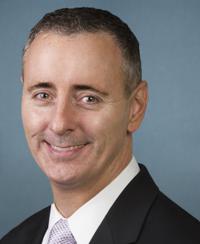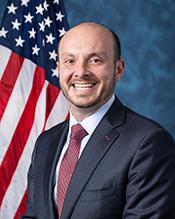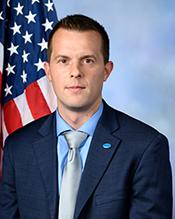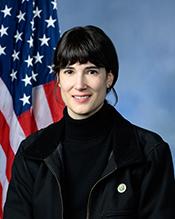0
Let America Vote Act
1/31/2025, 6:05 PM
Summary of Bill HR 155
The bill does not mandate that states switch to open primary systems, but rather requires states to permit unaffiliated voters to participate in primary elections for federal offices if they choose to keep closed primaries. This would give unaffiliated voters the opportunity to have a say in selecting candidates for federal offices, such as the President, Senators, and Representatives.
Proponents of the bill argue that allowing unaffiliated voters to participate in primaries promotes inclusivity and increases voter engagement. They believe that all eligible voters should have the opportunity to participate in the primary process, regardless of their party affiliation. Opponents of the bill may argue that it infringes on states' rights to determine their own election processes. They may also raise concerns about potential logistical challenges and increased costs associated with implementing this change. Overall, Bill 119 HR 155 seeks to expand access to the primary election process for unaffiliated voters and promote greater participation in the democratic process.
Congressional Summary of HR 155
Let America Vote Act
This bill requires states to allow unaffiliated voters to vote in primary elections for federal office. It also restricts certain federal election funding for states that allow noncitizens to vote in state or local elections.
Specifically, each state must permit an unaffiliated voter who is registered to vote in a federal election held in the state to vote in any primary election for federal office. A state shall not permit an unaffiliated voter to vote in primary elections for more than one political party.
The bill prohibits a state from (1) sharing unaffiliated voter information with a political party or any other person who may reasonably be expected to use the information for political purposes, including soliciting funds; or (2) treating an unaffiliated voter as a member of a political party for purposes of the state's official voter registration list.
States must, in order to use federal election administration funds, certify their compliance with these unaffiliated voter requirements. Upon certification, the Election Assistance Commission (EAC) must make five-year grants to the state for the costs of permitting unaffiliated voters to vote in primary elections.
The bill specifically prohibits noncitizens from voting in federal elections. (Current federal law prohibits noncitizens from voting in federal elections.)
A state may not use federal election administration funds unless the state certifies to the EAC that it does not permit a noncitizen to vote in state or local elections or vote on any ballot initiative or referendum held in the state.
Read the Full Bill
Current Status of Bill HR 155
Bipartisan Support of Bill HR 155
Total Number of Sponsors
7Democrat Sponsors
0Republican Sponsors
7Unaffiliated Sponsors
0Total Number of Cosponsors
0Democrat Cosponsors
0Republican Cosponsors
0Unaffiliated Cosponsors
0Policy Area and Potential Impact of Bill HR 155
Primary Policy Focus
Government Operations and PoliticsAlternate Title(s) of Bill HR 155
Comments

Augustus Bray
10 months ago
I don't like this bill.



